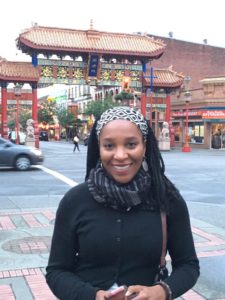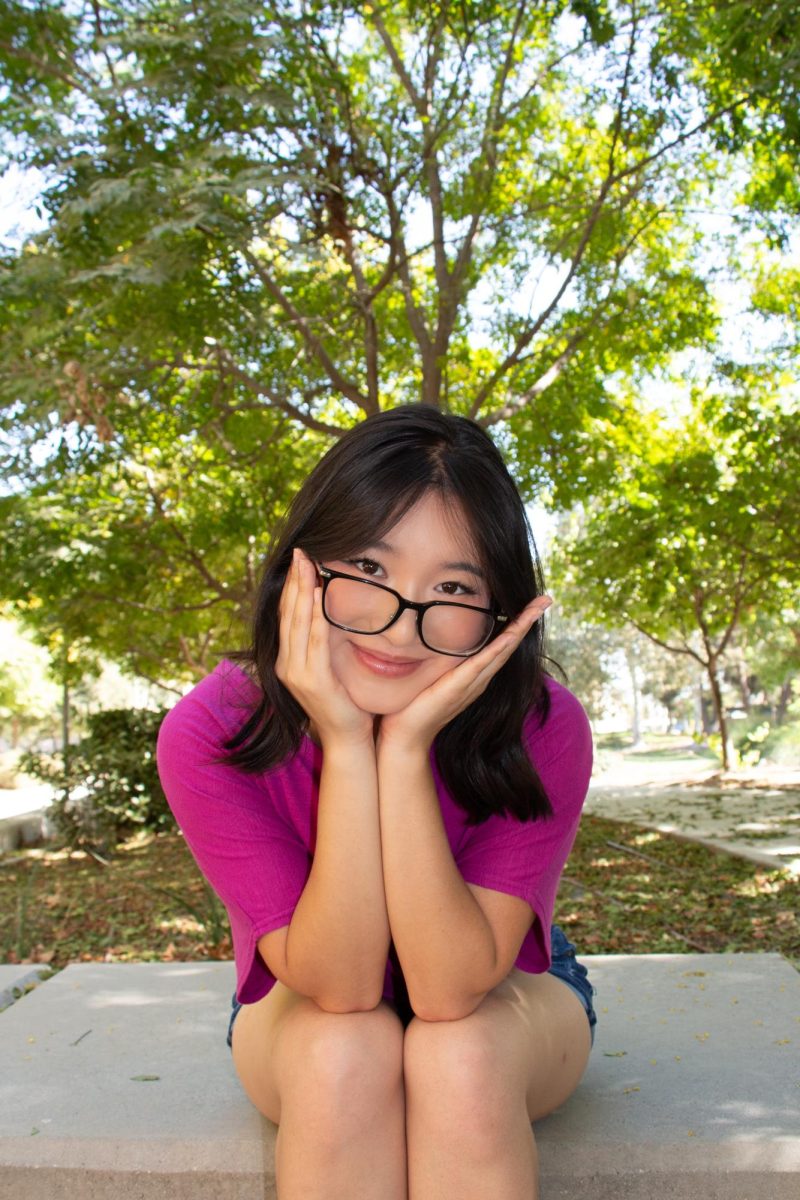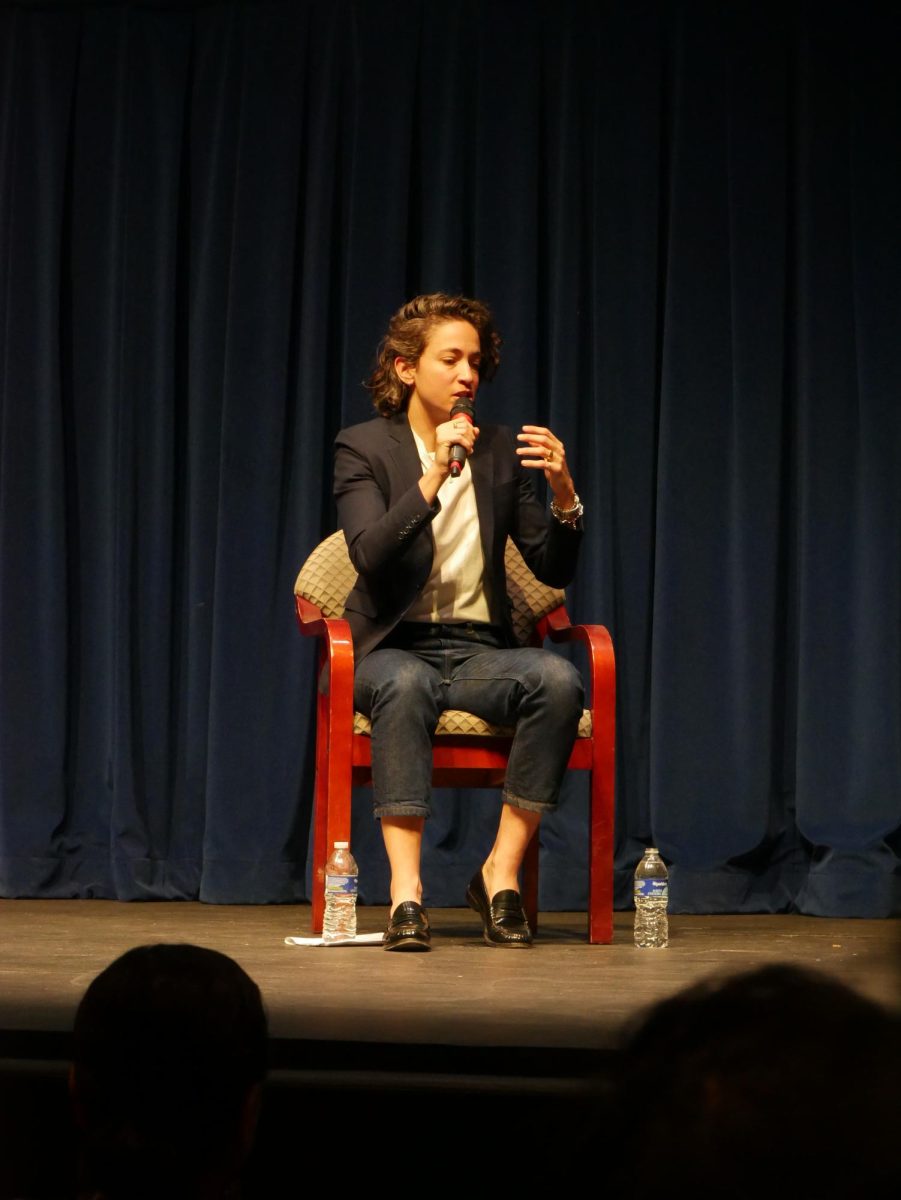By Chelsea L. McDowell
Reporter
Illinois native Rhonda Dugan puts on her headphones and strolls through the campus much like the average CSU Bakersfield student, only she’s a tenured professor at CSUB.
After finishing Graduate School and getting her PhD at The University of Illinois, Chicago, Dugan said ultimately it was the students of CSUB that won her over and made the decision to teach in Bakersfield easier. Arriving as a professor of sociology in 2005, Dugan is in her thirteenth year at CSUB.
As a girl from the midwest, Dugan was shocked when she found California had a different culture to offer than her home region.
“I never thought of myself as a ‘midwesterner’ until I moved here,” said Dugan.
Since 2015, Dugan has been working on research along with colleague Dahna Rasmussen M.A. on the topic of whom society believes can and cannot say the N-word—particularly the “A version.” This was Sociology lecturer Rasmussen’s area of interest originally, but Dugan had always had her own personal dilemma with both loving Rap music and struggling with if the word should even be said at all.
Dugan was able to return to her alma mater during her Fall 2017 sabbatical—which is only available to professors every seven years— and further work on her research.
Dugan said, “It was kind of nice to go full-circle, like this is where it all started. And here I am coming back, talking about research to students, who were like me way back when.”
Dugan and Rasmussen hope to be able to expand their research beyond CSUB students and interview adults from the Bakersfield area as well as the possibility of going to other regions within the country.
“There’s sort of this discussion in the larger society of who can say it and who cannot say it and based on what we’re finding, it’s not as simple as ‘you can say it and you can’t,” Dugan said. “There’s lots of layers there and I think we’re just starting to uncover that, whether that makes people decide to say it or not, we don’t know and we’re not trying to make an argument that it should or should not be said, we just want to find out what’s going on.”
Their research is ongoing and they are now at the writing part. There is not a lot of research on non-blacks use of the N-word and that is something that the team is working on documenting.
“There’s all these steps that go from idea to paper,” said Dugan. “We hope to have one paper done, hopefully, by the end of this semester.”
Erica Ortega, a sophomore sociology major at CSUB, was a student of Dugan. Ortega took her Intro to Sociology course during Spring 2017,and she was amazed by Dr. Dugan’s ability to teach about complex theories in an understandable manner.

CSUB sociology professor Rhonda Dugan
“I loved the activities that she had lined up because they helped you understand the material better and you were able to relate to it more,” Ortega said. “Sometimes the theories are so broad and so vague that they’re hard to grasp, but she made it to where it’s not that complicated because all it is is analyzing what happens in everyday life.”
Dugan would like students to consider that as an associate professor, teaching is a huge part of her workload, but she also takes on research responsibilities along with service responsibilities on campus.
“Some days it’s really hard to maintain that balance, so I think that’s one thing that students don’t always recognize about professors,” Dugan said. “I think they think, ‘I see them in class and I see them in their office, that’s all they do.’ And it’s way more than that.”
Hana Qwfan is a junior majoring in English and sociology. She credits her interest in sociology to Dr. Dugan.
“I liked the way she explained things in class. She requires you to put in a lot of work and effort, but I feel any grades or feedback she gives you, you feel like you really earned it.,” Qwfan said.







